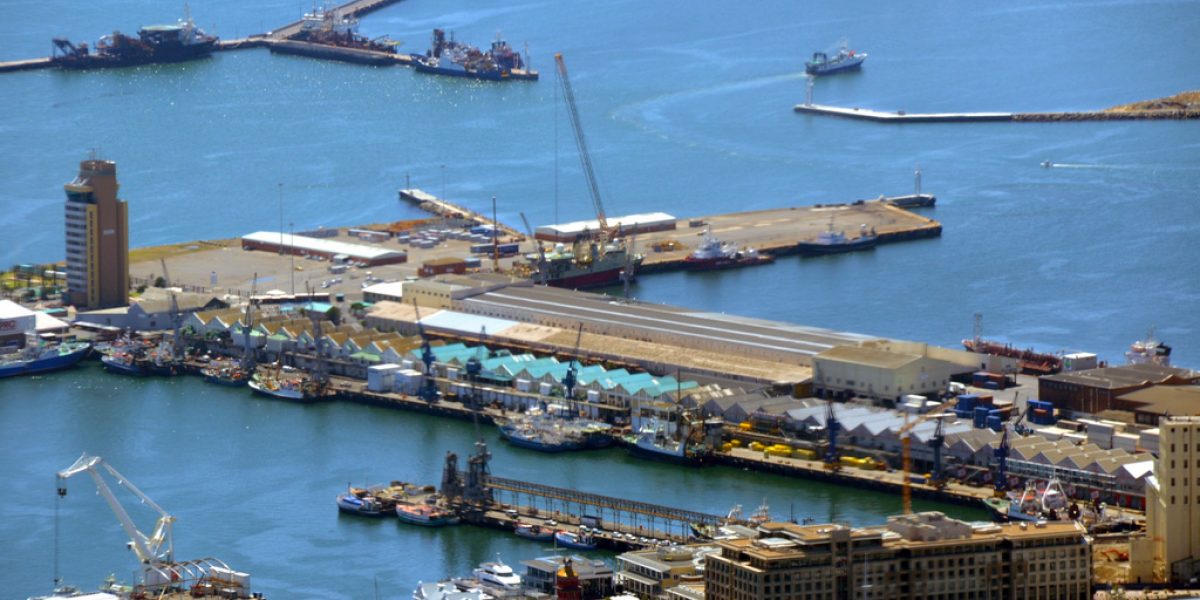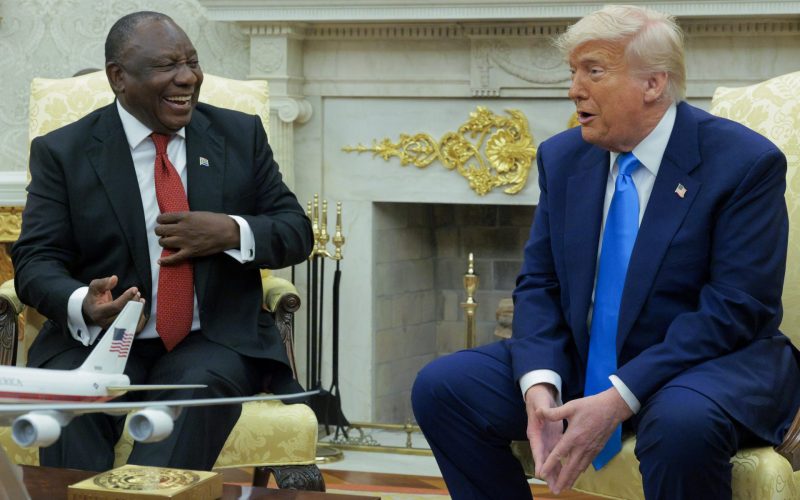Why is trade important? The economic case is that it enables companies and consumers to use their scarce resources efficiently. On a national level this promotes specialisation in production and a wider exchange of goods. Transmission of new products embodied in imported goods and services encourages innovation. And specialisation should not be thought of in a static sense — no economy stands still unless its political system melts down.
The political case is that trade, except in the obvious exception of illegal products, is our inherent right; in other words free(r) trade promotes individual liberties.
Good trade policy is all about making the conduct of international trade easier and more cost effective for everyone, whilst retaining essential control functions. This entails progressive liberalisation and institutional upgrading. Undoubtedly there will be losers in the short run in import competing industries; hence, the process has to be managed.
However, trade liberalisation is essential in an unforgiving globalised world.
Traditionally, trade policy encompasses a range of “border measures” affecting trade flows, notably tariffs and nontariff barriers, and trade remedies (antidumping, safeguard and countervailing duty measures).
This has widened to include “behind-the-border” issues, increasingly of a regulatory nature: intellectual property rights, investment, services, standards, and customs administration. These issues are clearly intertwined with domestic economic policy.
But there is no discussion of trade policy in SA; except for those ubiquitous trade negotiations.
The economic policy discourse is funneled through a domestic lens. Yet well-calibrated trade policy can have significant positive effects on the economy and economic growth and should be carved out as a separate policy space in its own right.
This perspective is inherently unilateral. It focuses on the economy-wide effect of the policy instruments outlined above, without favouring one interest group over another.
There are many problems with interest groups — anyone familiar with US Congressional politics knows this. It is captured in a wag’s phrase: “The US has the best democracy money can buy”.
This logic is widely accepted by economists, but greatly contested elsewhere. The dominant critique emanates from antiglobalisation perspectives and revolves around domestic companies’ role in the development of our economy relative to foreign companies.
This perspective is inherently political, nationalistic, and as such lends itself to state controls. Invariably the presumption is in favour of domestic companies which are assumed to be patriotic.
In its sophisticated form this is “industrial strategy”, but in its cruder forms it is about protection.
The problem with protection is that it violates the two “logics” in support of free(r) trade: it delays the restructuring of inefficient industries threatened by globalisation at the risk of sclerosis (witness our clothing and textiles sector); and it restricts consumer and producer choice.
The problem with industrial strategy is that it is premised on the notion, often incorrect, that states know better than individuals and the market. Undoubtedly states play an important role in building markets and/or compensating for market failure, but the presumption should be on government to demonstrate why intervention is necessary.
Which brings me to the national trade and industry department’s current policy trajectory.
First, the department is touting an interventionist industrial strategy in a context of chronic institutional weakness. Even adherents of the so-called “East Asian” school of industrial strategy (I am attracted to parts of this) admit the department does not have the capacity to carry this out.
This is a crucial chink in the Development State’s armour.
Second, the department is obsessed with trade negotiations. Trade negotiations in the context of the World Trade Organisation are an important locus for trade policy given that so many countries are involved and all the key issues. covered. Disciplines are, for the most part, applied to all. Pandering to special interests and is minimised. Free trade agreements, especially with developing countries, are about special interests: sectoral deals, shallow coverage, limited openings.
Free trade agreements, particularly with developed countries, have a role to play in the ongoing domestic reform process.
But, currently, the trend in SA is away from real commitments, and towards maintaining protection and privilege.
We would be better off if the trade and industry department ocused instead on getting the basics of trade policy right.






